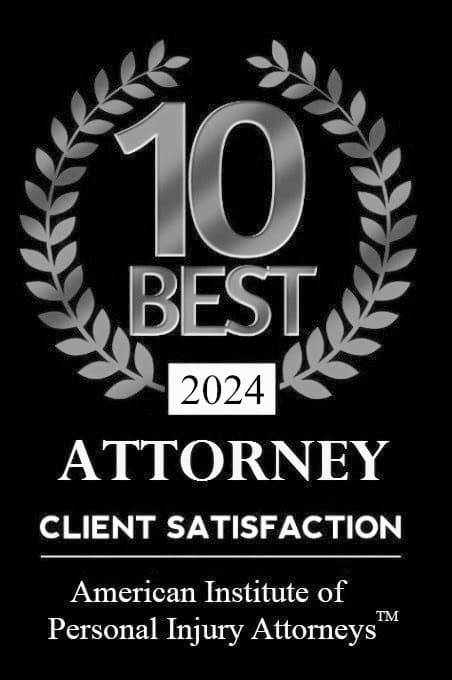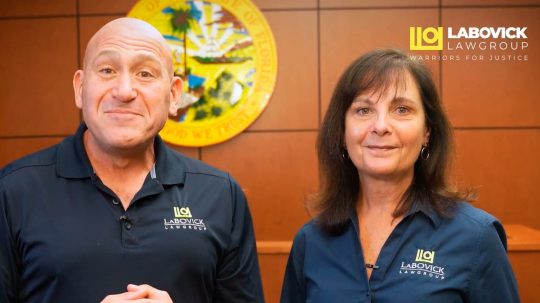West Palm Beach Nursing Home Abuse Lawyer
Don’t let nursing home abuse in West Palm Beach go unnoticed. LaBovick Law Group can help. We’re committed to fighting for the rights of nursing home abuse victims and their families and holding those responsible accountable for their actions. Our experienced lawyers work on a contingency fee basis, meaning you won’t pay anything unless we win your case.
Contact LaBovick Law Group today for the support you need to fight against nursing home abuse in West Palm Beach!
4.8/ in +600 Google Reviews
Free Case Evaluation
all fields required *
















